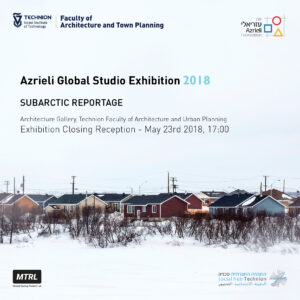 Schefferville is the global village of today. It is located in Northern Quebec, Canada, and is home to approximately two hundred and fifty people of the First Nations. It is situated at the heart of the territory of the Naskapi and Innu indigenous communities, and represents a unique form of extreme conditions, where the harsh climate is compounded with social, economic and political challenges.
Schefferville is the global village of today. It is located in Northern Quebec, Canada, and is home to approximately two hundred and fifty people of the First Nations. It is situated at the heart of the territory of the Naskapi and Innu indigenous communities, and represents a unique form of extreme conditions, where the harsh climate is compounded with social, economic and political challenges.
The city was established in 1954 to support the extensive mining endeavours in the iron-rich land of the region. The local population was resettled in Schefferville to assist with these geological explorations, as well as with railway construction connecting the northern regions with the center of Quebec province in Canada. As a wider effort to advance the northern populations’ conditions, housing, schools and infrastructure were introduced in the region. These actions triggered a longstanding process of adjustment in every aspect of the life for the First Nations. In the course of this transition, significant social and economic issues arose. With the adjustment to a western standard of life, the local population was compelled to redefine its culture, tradition and heritage, and reiterate its intimate relationship to the land.
This reportage aims to tell the story of these extremities and the hybrid conditions that their collision produces. It also wishes to unveil the multi-faceted nature of this unique reality. Schefferville’s intricacy presents many images that are not what they seem at a first glance. What appears as a wild landscape, is, in fact, a trace of a highly engineered (and by now, abandoned) iron mine. What looks like an ordinary suburban house is often a structure locals are still struggling to inhabit and call home. These charged images blur the clear definition and distinction between notions of land and landscape and question what is natural and what is man–made, offering a twofold meaning and agency to both.
The Global Studio program is a collaborative initiative between McGill University in Montreal, Carleton University in Ottawa, Tel Aviv University, and the Technion Israel Institute of Technology.
We would like to give special thanks to the Azrieli Foundation Canada-Israel for their generous support, making this important project possible.
Team: Associate Professor Aaron Sprecher, PhD Candidate Tom Shaked, PhD Candidate Karen Lee Bar-Sinai, MSc. Candidate Yael Engelhart, MTRLab, Lubna Assaf, Amal Burbara, Oryan Hechtman, Yara khoury, Kobi Laham HaCohen, Maisam Matar, Sarah Murguia, Aya Omar Abo Saleh, Amit Sadik, Deeb Salame, Hanan Tansara
Curation: MSc. Candidate Yael Engelhart | PhD Candidate Karen Lee Bar-Sinai
Drone Videography: PhD Candidate Tom Shaked
Exhibition Closing Reception – May 23rd 2018, 17:00 | Architecture Gallery, Technion Faculty of Architecture and Urban Planning

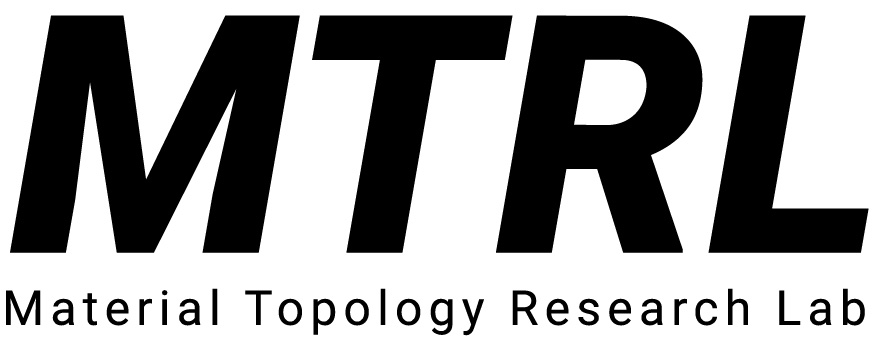
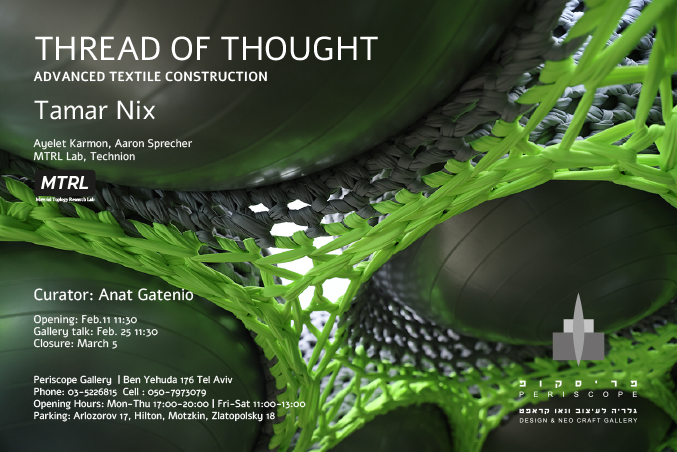


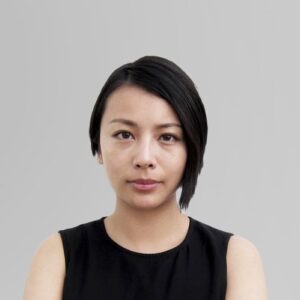
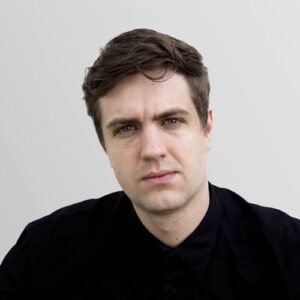
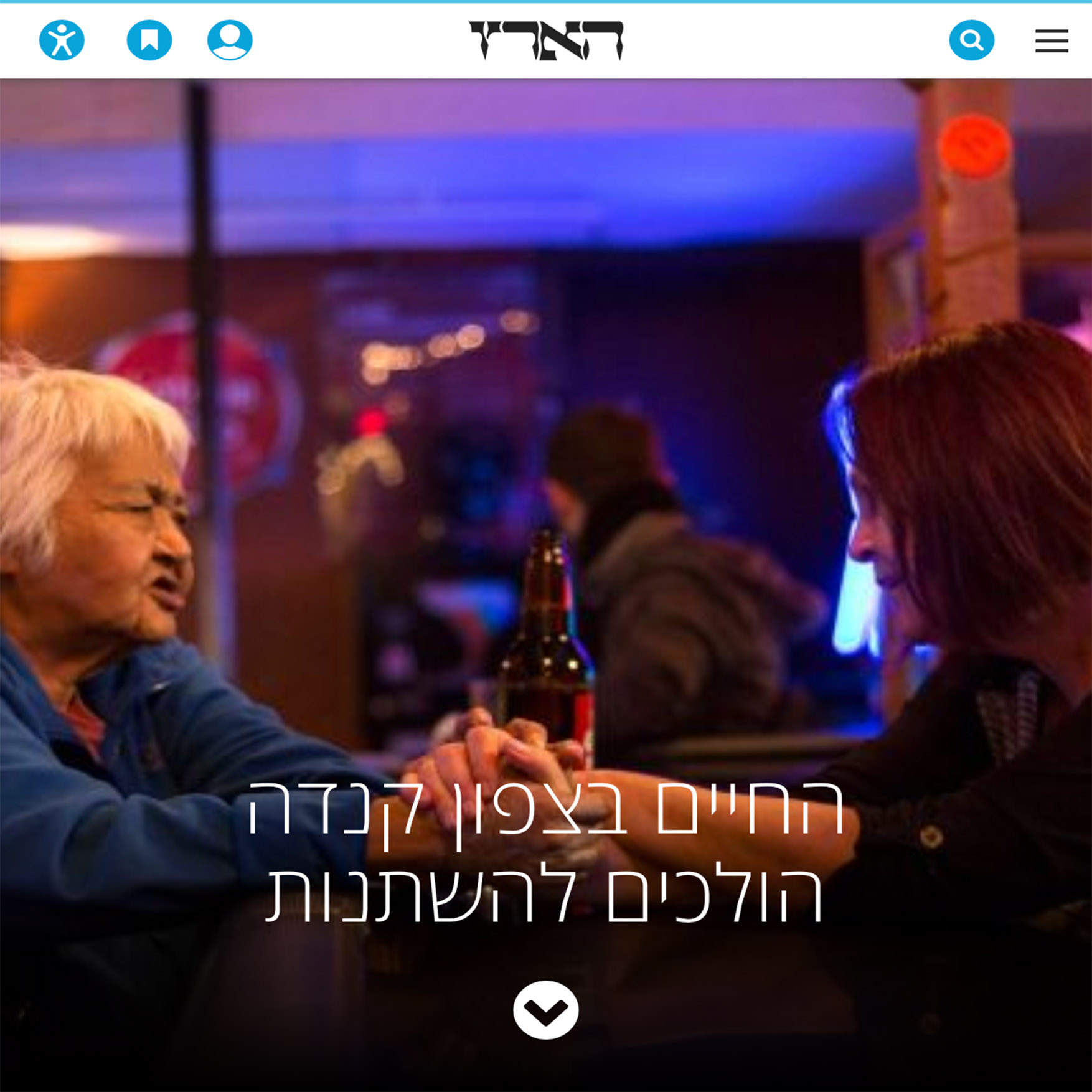
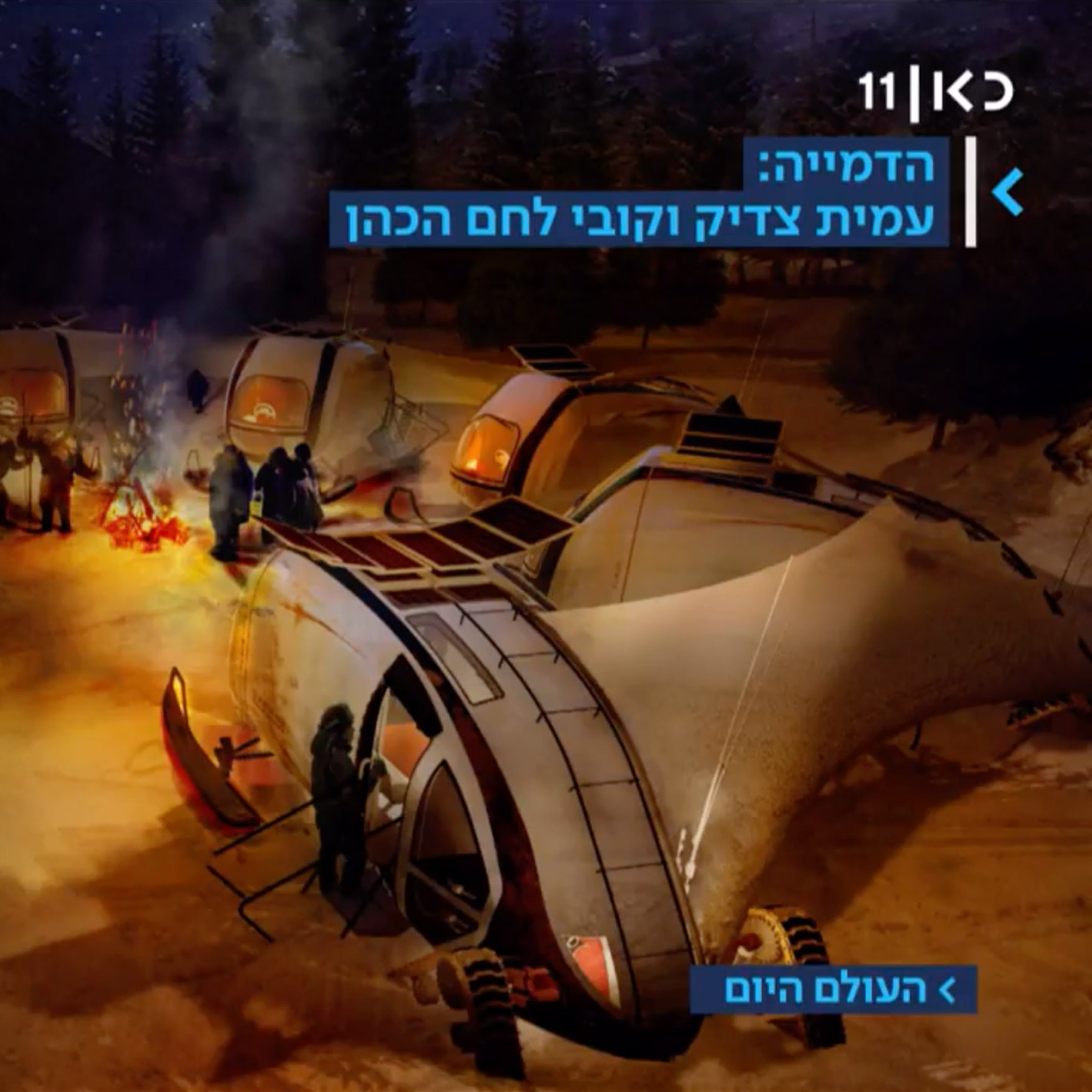
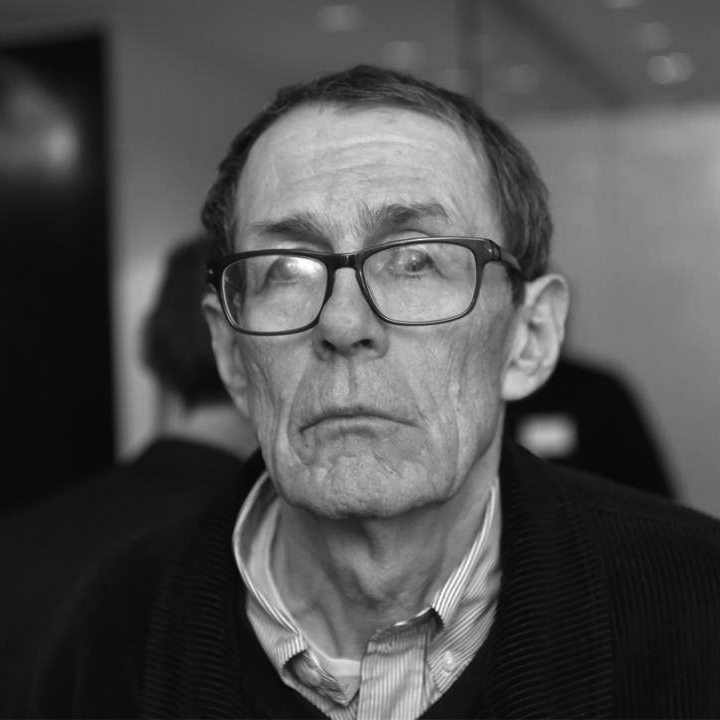
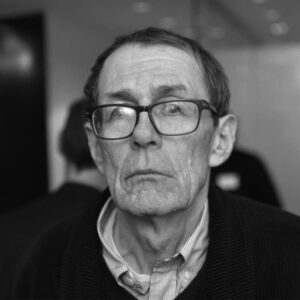 Georges Teyssot is a Professor at Laval University’s School of Architecture in Quebec City (QC, CA). He has previously taught history and theory at the IUAV of Venice (Italy), at Princeton University’s School of Architecture (NJ, USA), and at the GTA in the Department of Architecture at Zurich’s ETH (CH). He was the curator with Diller + Scofidio of an exhibition on The American Lawn at the Canadian Centre for Architecture in 1998, and has written the introduction to the volume of Diller + Scofidio, Flesh: Architectural Probes (1995, 2011). He is the author of many books, including Die Krankheit des Domizils (1989), The History of Garden Design (1991, 2000), and The American Lawn (1999). More recently, he has published a volume entitled A Topology of Everyday Constellations, in the“Writing Architecture Series” (Cambridge, MA: The MIT Press, 2013); and a short book on: Walter Benjamin. Les maisons oniriques, (Paris: Hermann, 2013).
Georges Teyssot is a Professor at Laval University’s School of Architecture in Quebec City (QC, CA). He has previously taught history and theory at the IUAV of Venice (Italy), at Princeton University’s School of Architecture (NJ, USA), and at the GTA in the Department of Architecture at Zurich’s ETH (CH). He was the curator with Diller + Scofidio of an exhibition on The American Lawn at the Canadian Centre for Architecture in 1998, and has written the introduction to the volume of Diller + Scofidio, Flesh: Architectural Probes (1995, 2011). He is the author of many books, including Die Krankheit des Domizils (1989), The History of Garden Design (1991, 2000), and The American Lawn (1999). More recently, he has published a volume entitled A Topology of Everyday Constellations, in the“Writing Architecture Series” (Cambridge, MA: The MIT Press, 2013); and a short book on: Walter Benjamin. Les maisons oniriques, (Paris: Hermann, 2013).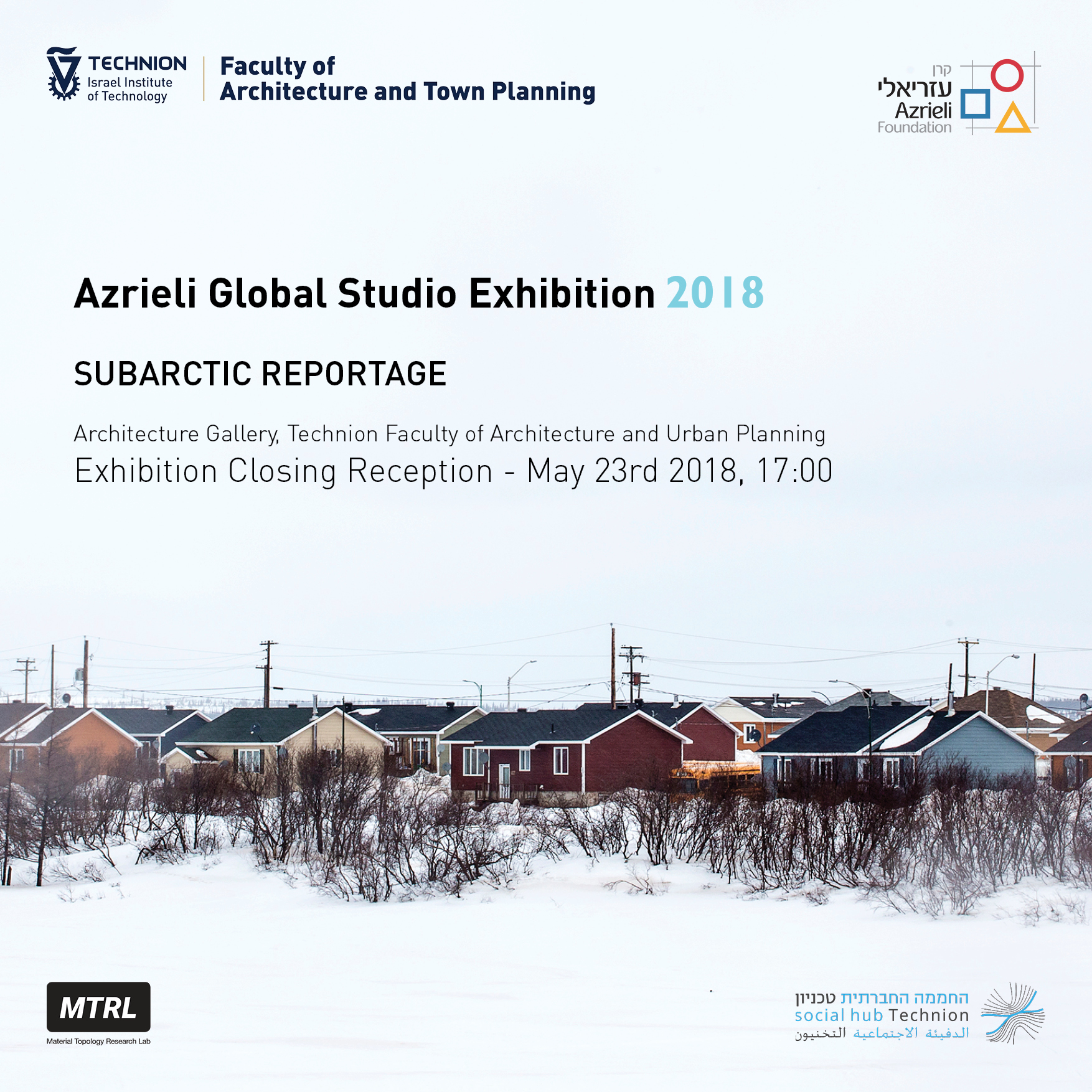
 Schefferville is the global village of today. It is located in Northern Quebec, Canada, and is home to approximately two hundred and fifty people of the First Nations. It is situated at the heart of the territory of the Naskapi and Innu indigenous communities, and represents a unique form of extreme conditions, where the harsh climate is compounded with social, economic and political challenges.
Schefferville is the global village of today. It is located in Northern Quebec, Canada, and is home to approximately two hundred and fifty people of the First Nations. It is situated at the heart of the territory of the Naskapi and Innu indigenous communities, and represents a unique form of extreme conditions, where the harsh climate is compounded with social, economic and political challenges.